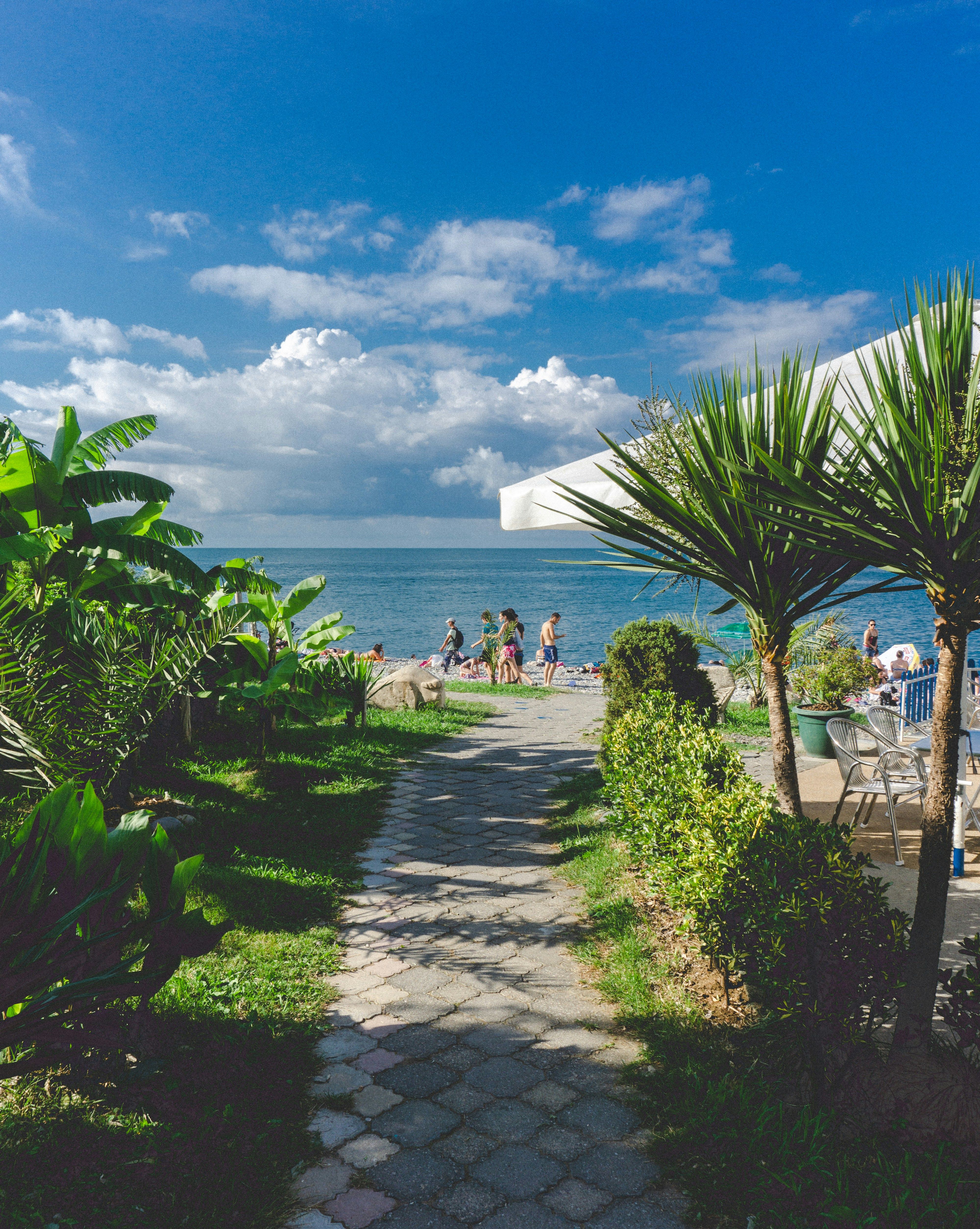Mental Sharpness Preservation: Adhering to Mediterranean Diet and Regular Physical Activity Might Offer Protection
Researchers are currently investigating whether a combination of the Mediterranean diet and regular walking, dubbed the "MedWalk intervention," can potentially reduce the risk of cognitive decline and dementia, including Alzheimer's dementia. The study, underway since 2020, is being conducted by researchers from Australia, New Zealand, and the United Kingdom.
Initially designed as a 2-year study to assess cognitive changes, the COVID-19 pandemic necessitated modifications. Currently, the follow-up period has been reduced to one year, with the research continuing as scientists expand the participant pool. The authors of the study believe these changes will still yield robust findings.
The primary focus of the research is a 12-month change in visual memory and learning capabilities among participants. Researchers are also interested in observing the intervention's effects on mood, quality of life, health costs, cardiovascular health, arterial stiffness, and a range of biomarkers associated with cognitive decline, such as glucose regulation, inflammation, nutrients, and oxidative stress.
The MedWalk intervention involves dietary modifications alongside a supervised walking regimen, enhanced with psychosocial behavioral change techniques. Participants receive intensive support for the first six months, with additional assistance available for the next six months, to ensure adherence to the program.
Participants assigned to the MedWalk intervention group must adhere to a Mediterranean diet and a structured walking program. A control group maintains their regular diet and activity level. The researchers provide extensive guidance on the Mediterranean diet and offer resources, such as extra-virgin olive oil, to aid participants in understanding and incorporating the lifestyle change.
Numerous studies suggest that both following a Mediterranean diet and regular walking can contribute to brain health. The Mediterranean diet is rich in antioxidants, omega-3 fatty acids, fiber, and is low in processed grains and sugars, potentially reducing oxidative stress, inflammation, and the risk of insulin resistance and cognitive decline. Walking regularly appears to protect cognition by increasing blood flow, boosting brain activity, reducing stress, and incorporating social and natural elements that may also benefit brain health.
Studies have linked the Mediterranean diet with fewer cases of dementia and found associations between a Mediterranean diet and lower rates of Alzheimer's disease, the most common form of dementia. While these studies suggest a link between the Mediterranean diet and reduced dementia risk, it is important to consider various factors influencing dementia risk, including genetics, lifestyle, and overall health.
As of December 2023, the researchers are still in the process of collecting data and anticipate completing the study by the end of 2023. The ongoing MedWalk study aims to provide further evidence supporting the potential benefits of the MedWalk intervention for maintaining cognitive health and preventing dementia.
- Researchers believe that the MedWalk intervention, consisting of a Mediterranean diet and regular walking, may potentially reduce the risk of cognitive decline and dementia, including Alzheimer's dementia.
- The study, which commenced in 2020, is being conducted by researchers from Australia, New Zealand, and the United Kingdom, with the primary focus being a 12-month change in visual memory and learning capabilities among participants.
- The intervention involves dietary modifications alongside a supervised walking regimen, aiming to reduce oxidative stress, inflammation, and the risk of insulin resistance and cognitive decline.
- Participants assigned to the MedWalk intervention group are required to adhere to a Mediterranean diet and a structured walking program, while a control group maintains their regular diet and activity level.
- Numerous studies have linked the Mediterranean diet with lower rates of dementia, including Alzheimer's disease, the most common form of dementia, and walking regularly appears to protect cognition by increasing blood flow and incorporating social and natural elements that may also benefit brain health.
- The ongoing MedWalk study aims to provide further evidence supporting the potential benefits of the MedWalk intervention for maintaining cognitive health and preventing dementia, considering various factors influencing dementia risk, including genetics, lifestyle, and overall health.







